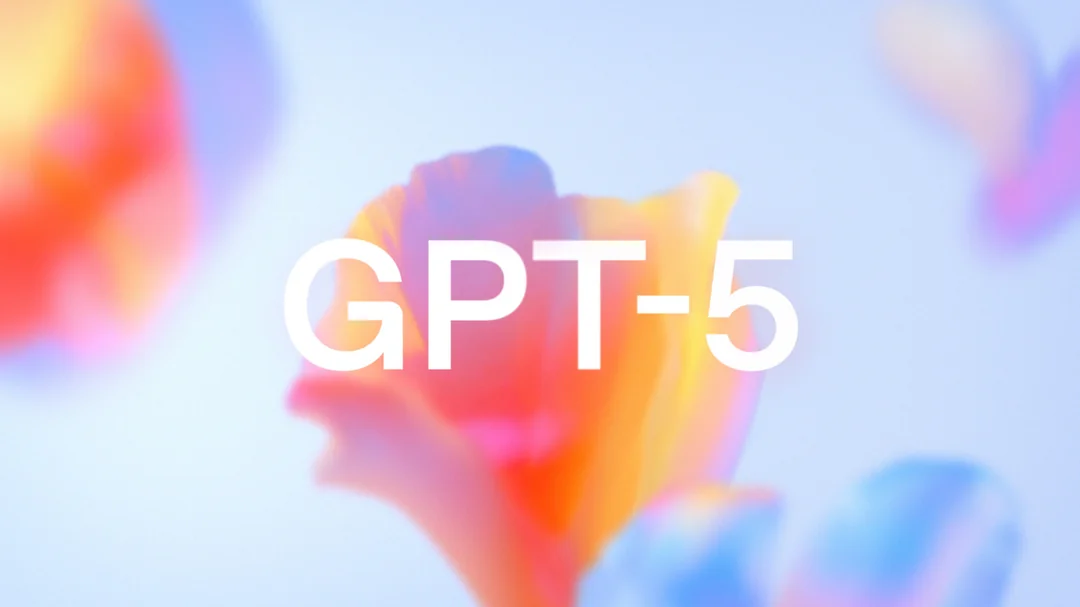
ChatGPT-5 vs GPT-4: Real-World Performance, Benchmarks, and Use Cases
In this comprehensive technical comparison of ChatGPT-5 and GPT-4, we focus on covering real-world performance, benchmarks, coding capabilities, security, deplo...

Discover how GPT-5 transforms your workflow with advanced features, practical tools, and real-world applications. Explore its strengths, limitations, pricing, ethical considerations, and see how it shapes your experience in education, work, and society.
OpenAI’s GPT-5 marks a major advancement in artificial intelligence. With improved capabilities and wider applications, it’s now being used more in education, professional settings, and everyday life. This guide explores GPT-5’s strengths and weaknesses to help you make informed choices when using this powerful AI tool.
GPT-5 is the latest large language model from OpenAI. It generates human-like text with greater accuracy, speed, and reasoning capabilities than its predecessors. Its built-in tools enable users to research, analyze data, and execute tasks across platforms.
Powered by deep learning and neural networks, GPT-5 processes massive text datasets to understand language patterns. It generates coherent responses by predicting the most likely next words, and it can now connect tools and data for more interactive experiences.
Thanks to an upgraded neural architecture and transformer layers, GPT-5 excels at complex reasoning. Error rates are down over 20% from previous models, improving outcomes in analytical tasks.
GPT-5 can now work with multiple tools in a single session—searching the web, analyzing spreadsheets, and interfacing with APIs—all in real time. Its dynamic context management enhances multitasking and answer quality.
GPT-5 tailors lessons to individual learning styles, provides instant feedback, and supports independent research. It empowers teachers with tools to create inclusive, adaptive classrooms.
From writing reports to coding support, GPT-5 streamlines work in finance, healthcare, law, and creative industries. It assists with brainstorming, content creation, and debugging.
GPT-5 enables real-time translation, speech-to-text, and accessible reading tools. It promotes inclusivity across languages and abilities, helping more people access education and employment.
GPT-5 reduces time spent on tasks like drafting emails, scheduling, and summarizing reports. Studies show AI tools can cut task time by up to 40% without sacrificing quality.
Skilled professionals use GPT-5 to boost brainstorming and R&D. AI-driven idea generation has shown performance increases of up to 38% in creative and technical fields.
Organizations benefit from faster project cycles, reduced costs, and improved team satisfaction. GPT-5 helps reallocate time from mundane work to strategic goals.
GPT-5 still sometimes generates inaccurate or fabricated information, especially on rare or nuanced topics. Verification is essential in critical fields like medicine, law, and education.
GPT-5 only understands text. It cannot process visuals or sounds unless explicitly integrated via multimodal input. It also lacks real-world experience and common sense outside its training data.
Despite its capabilities, GPT-5 cannot fully replace expert judgment. Review by a knowledgeable human remains essential for accuracy and reliability.
GPT-5 is available via free and paid tiers. Free plans offer basic functionality, while Pro and enterprise plans unlock more tools, support, and usage capacity.
GPT-5 is accessible via web, mobile apps, and integrations with tools like document editors and customer support platforms. It’s user-friendly for both novices and experienced users.
GPT-5 may reflect biases present in its training data, which can result in unfair, stereotypical, or unbalanced outputs. While improvements have been made, transparency in how the model arrives at decisions remains a challenge.
Depending on deployment settings, user data might be stored or processed, raising concerns around data privacy, consent, and security. While organizations are encouraged to implement strong safeguards, some level of risk persists in real-world use.
Like any powerful AI, GPT-5 can be misused—for example, to generate misleading content or manipulate public opinion. To mitigate these risks, responsible use policies, ethical guidelines, and regulatory frameworks are essential.
As AI becomes more embedded in learning and work, skills like digital literacy and critical thinking will be vital. Many jobs will evolve, and continuous learning will be necessary.
Global regulation efforts are underway to ensure transparency, privacy, and fairness. Responsible development will depend on collaboration among developers, policymakers, and educators.
GPT-5 could revolutionize how we access knowledge, communicate, and solve problems. Positive outcomes depend on ethical use, supportive education systems, and adaptive regulation.
GPT-5 offers stronger reasoning, faster response times, and the ability to use multiple tools in a single session, making it more versatile and accurate than GPT-4.
GPT-5 provides personalized tutoring, instant feedback, and helps educators create adaptive lesson plans, enhancing both teaching and independent study.
GPT-5 is available through a free tier for basic use, a Pro plan at around $200/month for advanced features, and API access priced per million tokens.
Yes, GPT-5 may reflect biases from its training data, and there are risks related to privacy, misinformation, and potential misuse. Responsible use and oversight are recommended.
GPT-5 can automate repetitive tasks and augment professional roles, but human expertise and oversight remain essential for accuracy and reliability.
Viktor Zeman is a co-owner of QualityUnit. Even after 20 years of leading the company, he remains primarily a software engineer, specializing in AI, programmatic SEO, and backend development. He has contributed to numerous projects, including LiveAgent, PostAffiliatePro, FlowHunt, UrlsLab, and many others.
Unlock the full potential of ChatGPT-5 and other leading AI models from OpenAI, Google, Anthropic, and more—all in one platform. Automate workflows, integrate advanced capabilities, and accelerate innovation with FlowHunt.
In this comprehensive technical comparison of ChatGPT-5 and GPT-4, we focus on covering real-world performance, benchmarks, coding capabilities, security, deplo...
Why isn’t GPT-5 here? Discover OpenAI’s new focus on o1 models and what it means for the future of AI.
OpenAI’s GPT-4.1 marks a major leap in AI performance. This article analyzes its strengths and limitations across five core AI tasks—content generation, mathema...


